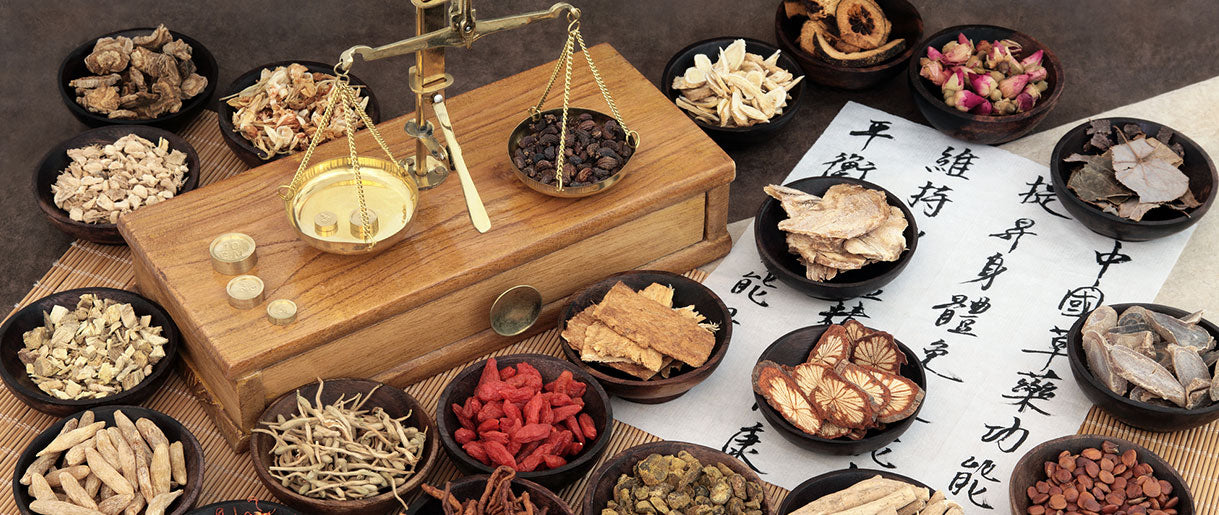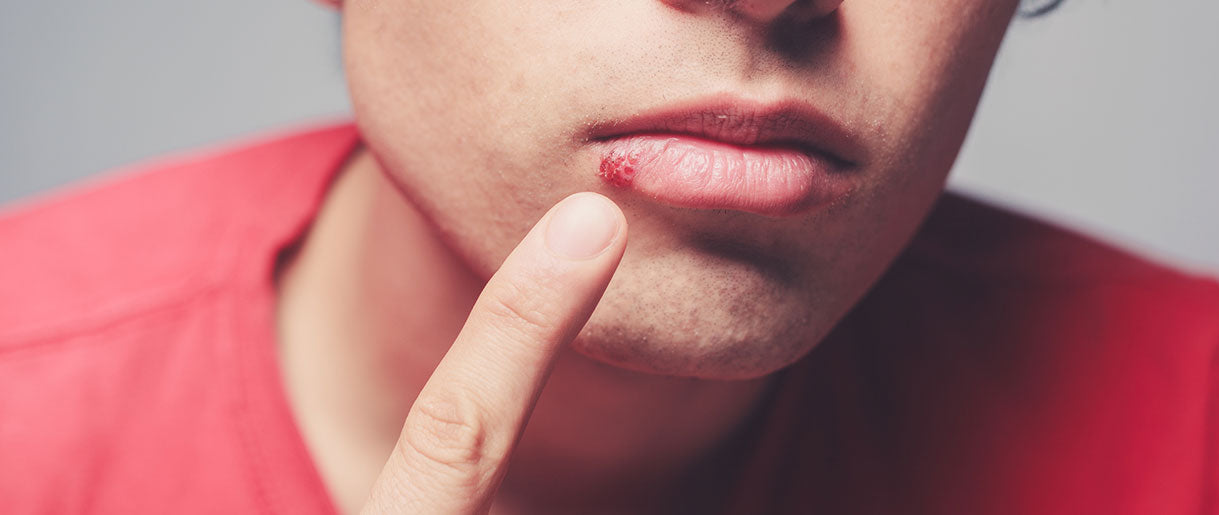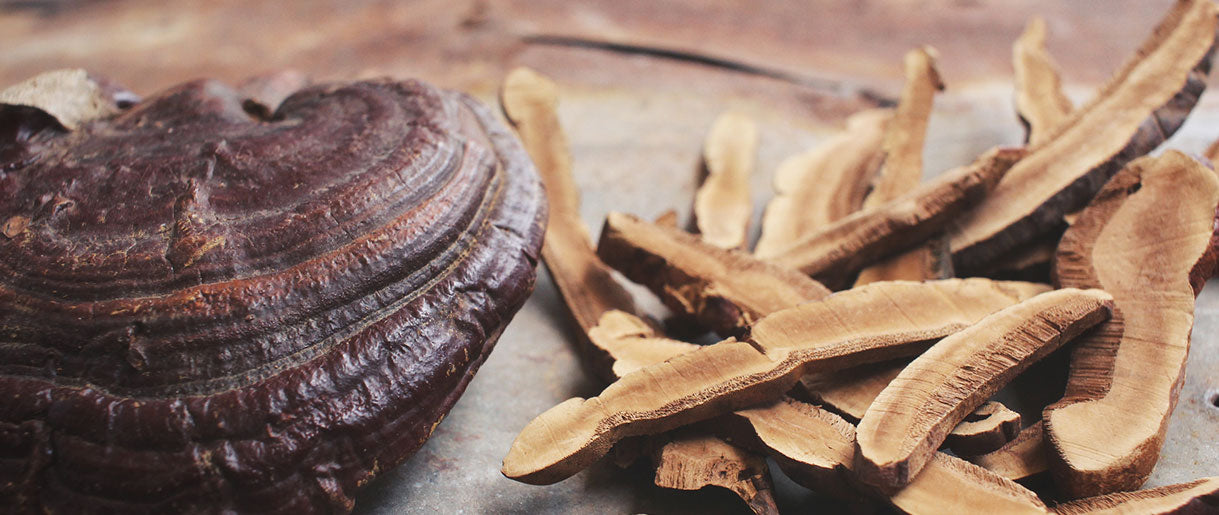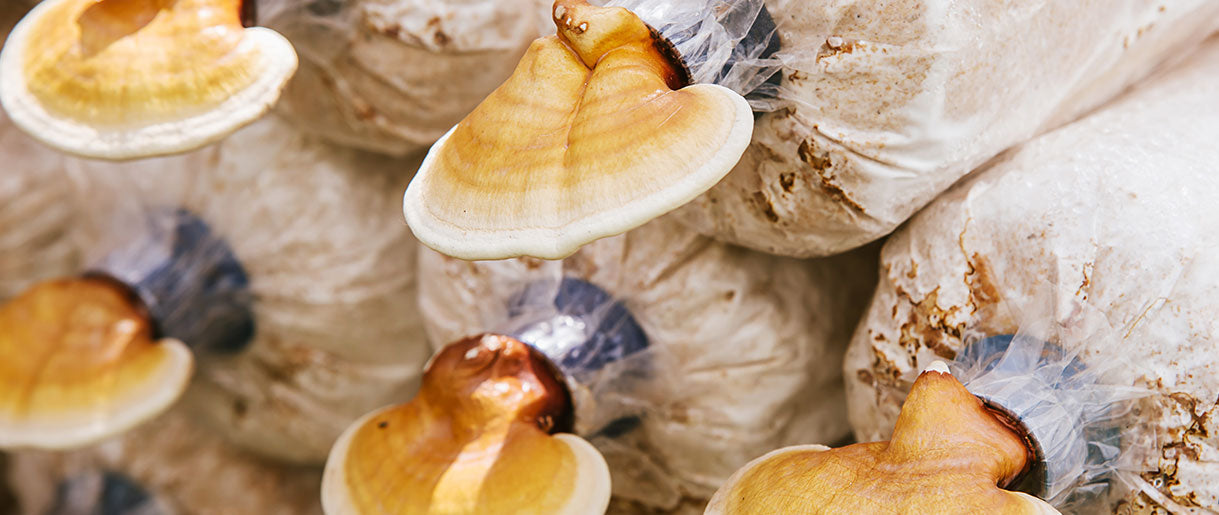Reishi mushroom, or Ganoderma lucidum, is one of the most extensively researched and utilized medicinal mushrooms worldwide. Also known as the "mushroom of immortality" and the "ten thousand year mushroom," Reishi has shown a lot of promise as food and medicine for the human body.
Reishi's reputation as a health booster has been mentioned in documented references for up to 2,400 years, and it is commonly depicted in ancient Japanese and Chinese artwork. However, the fungus has likely been used medicinally for more than 4,000 years in the Eastern Hemisphere, encompassing both Indian and Korean cultures.
Continue reading to discover Reishi mushroom Chinese medicine history and the reasons behind its enduring renown in Asian society.
History Of Reishi Mushroom

Ancient Chinese herbalists named Reishi Lingzhi because it meant "herb of spiritual potency." Emperor Yan, the earliest (and most illustrious) of ancient China's emperors, is credited as the inventor of the farming techniques and tools that laid the groundwork for Chinese agriculture. He is also credited with writing Shennong Ben Cao Jing, popularly known as Materia Medica, the "bible" of medicinal herbs. "If taken conventionally," he said of Reishi, "it lengthens your life, makes your body light and young, and transforms you into one like the immortal who never dies.
The term "the mushroom of immortality" was used by traditional Chinese medicine (TCM) practitioners to characterize the all-encompassing health support they believed Reishi(1) could offer. Reishi was valued for its therapeutic benefits in ancient China, but because it was relatively uncommon in nature, it was only used by royalty for a very long time.
Reishi Mushroom In Chinese Medicine

Reishi has been utilized as a cure-all in traditional Chinese medicine and is regarded as one of the most potent medicinal plants worldwide. Its use may be traced back to the Han dynasty when Taoist priests and Chinese doctors in the Changbai Mountains employed it. It was highly regarded and used by healers to live long and healthy lives, as well as monks for focused meditation. However, since it was scarce, Reishi in the wild had a distinctive growth pattern. As a result, it was exclusively used by the nobility for a long time.
It wasn't until the 1980s that a Japanese man named Shigeaki Mori discovered a more efficient way to cultivate Ganoderma. However, before coming up with a way for individuals to more reliably and economically grow Reishi, Mori spent 15 years establishing a cultivation technique using wild spores.
Reishi mushroom is now frequently grown on hardwood logs, sawdust, and wood chips. This is fantastic news since it means that the decimation of our slow-growing fungal companions has been slowed down thanks to increased mushroom farming. Furthermore, purchasing cultured rather than wild-harvested, Reishi ensures the survival of wild Reishi.
Traditional Uses Of Reishi

Red Reishi is the most prevalent and well-known; other hues include blue, black, yellow, purple, and white. Ancient Chinese test reference all six colors of Reishi.
Lingzhi is a remedy recommended by traditional Chinese medicine practitioners to influence the heart, liver, lungs, and kidney channels, balance Qi (the body's life energy), quiet the mind, and treat asthma and cough.
Modern pharmacological studies demonstrate Reishi's medicinal uses, such as the mushroom’s potential to enhance cardiovascular health. Experts believe these advantages(2) might be connected to the "heart-boosting" effects mentioned in writings on TCM.
Reishi in Chinese medicine is said to balance Qi, calm the mind, and improve respiratory health. They are listed in China's State Pharmacopoeia of the People's Republic of China (2000).
In Eastern cultures, Reishi continues to be a cornerstone of natural therapy. However, scientists are now considering whether the health claims made about this traditional herbal remedy are valid in light of globalization and the rising number of people seeking natural remedies to maintain their health.
Benefits Of Reishi Mushroom

Although Reishi Chinese medicine popularity is well known in ancient textbooks, the mushroom has gained recognition as a medical superhero during the past few years. The fruiting bodies' extracts can be found in herbal medicines, capsules, and coffee blends—the claimed advantages of this miracle herb range from anti-aging to anti-cancer.
Studies primarily concentrate on three phytochemicals derived from Ganoderma lucidum: polysaccharides (mostly beta-glucans), sterols, and triterpenes. Each has unique qualities and advantages of its own.
Below are the three key health benefits of Reishi mushrooms.
1. Reishi mushroom provides immune support
Reishi has a variety of uses, but it is best recognized for promoting a robust immune system. The beta-glucans stimulate healthy cell turnover and growth. Immune system cells have been discovered to become more active due to Reishi. In addition, the mushroom can alter the genes in white blood cells and boost the activity of natural killer cells, which fight infections.
2. Reishi balances stress and sleep
Reishi is regarded as an adaptogen, which means it helps adapt our bodies to stress. As a tonic, it works best when taken in small dosages over extended periods. In addition, it contains soothing qualities that might enhance sleep quality. Reishi is frequently used before bed to promote restful sleep because it supports the "rest and digest" parasympathetic nervous system.
3. Reishi helps with cancer treatment
Reshi contains bioactive compounds that could slow the development and spread of cancer cells. Researchers have also discovered that Reishi mushroom extract improves cancer patients' immune systems. In addition, this medicinal plant's anti-inflammatory and anti-cancer effects on mice have shown promise.
FAQs About Reishi Mushroom Chinese Medicine
What Are The Active Compounds In Reishi Mushroom That Give It Medicinal Properties?
Reishi mushrooms contain beta-glucans that give their much-renowned medicinal properties. For example, they can regulate blood cholesterol and sugar levels in addition to stimulating the immune system.
Are There Any Potential Side Effects Of Using Reishi Mushroom?
Reishi mushrooms may cause stomach upset, dizziness, rashes, and nausea. However, the mushroom is well-tolerated by most people.
Can Reishi Mushroom Be Used To Treat Specific Health Conditions?
Reishi mushrooms can help lower blood sugar levels in people with diabetes. It also has anti-cancer properties.
Key Takeaways
Reishi is one of the most widely studied herbs in the world, and there is a rich Reishi mushroom Chinese medicine history. Reishi mushroom is still a prevalent herb used within Traditional Chinese medicine today, and Western science has now caught on to the incredible Reishi mushroom benefits. So, if you need support for your stressed-out life or help calm your mind, Reishi may be your friend.
References
-
Identifying the “Mushroom of Immortality”: Assessing the Ganoderma Species Composition in Commercial Reishi Products,
(1)https://www.ncbi.nlm.nih.gov/pmc/articles/PMC6055023/ - Chapter 9, Ganoderma lucidum (Lingzhi or Reishi), (2)https://www.ncbi.nlm.nih.gov/books/NBK92757/









Let Us Know Your Comments